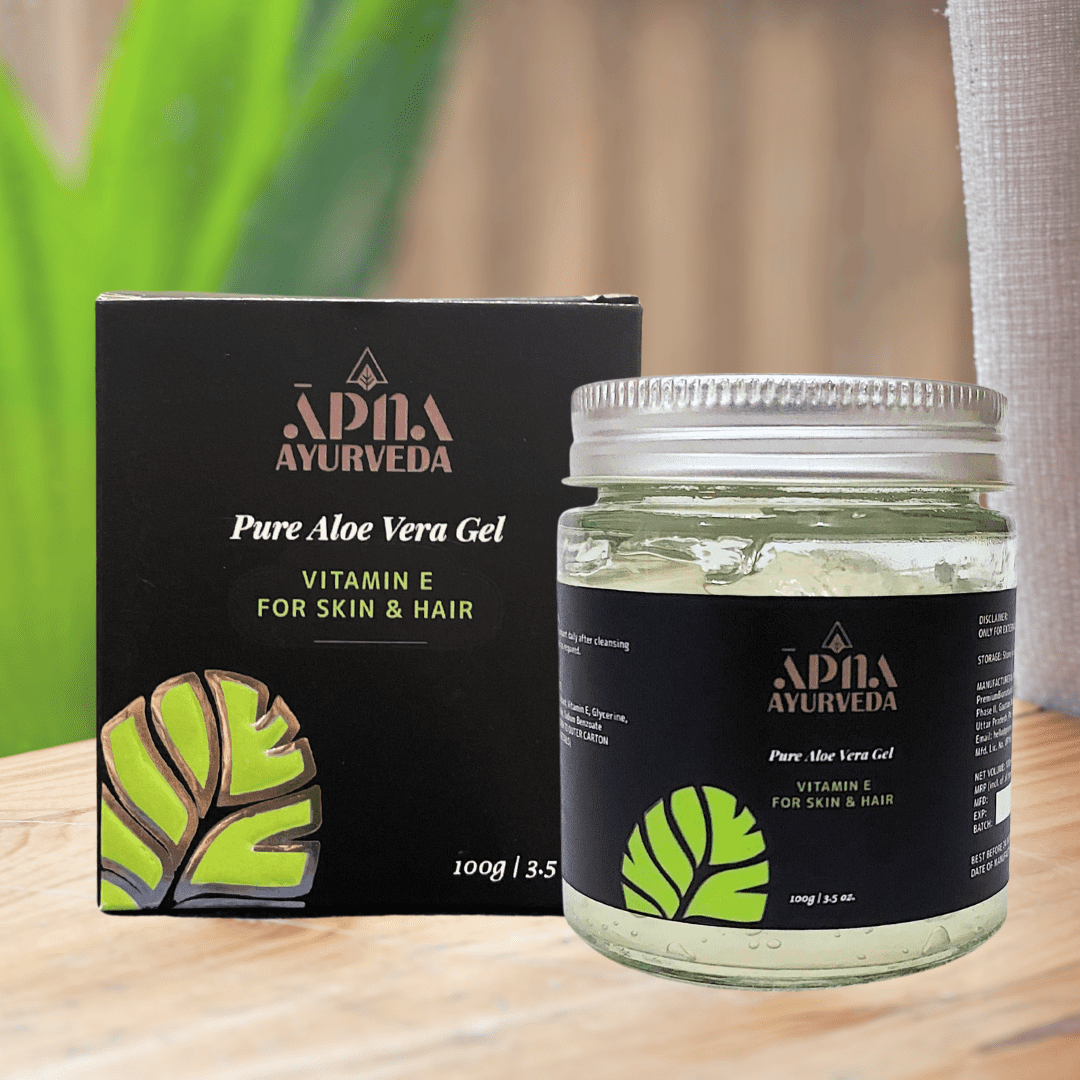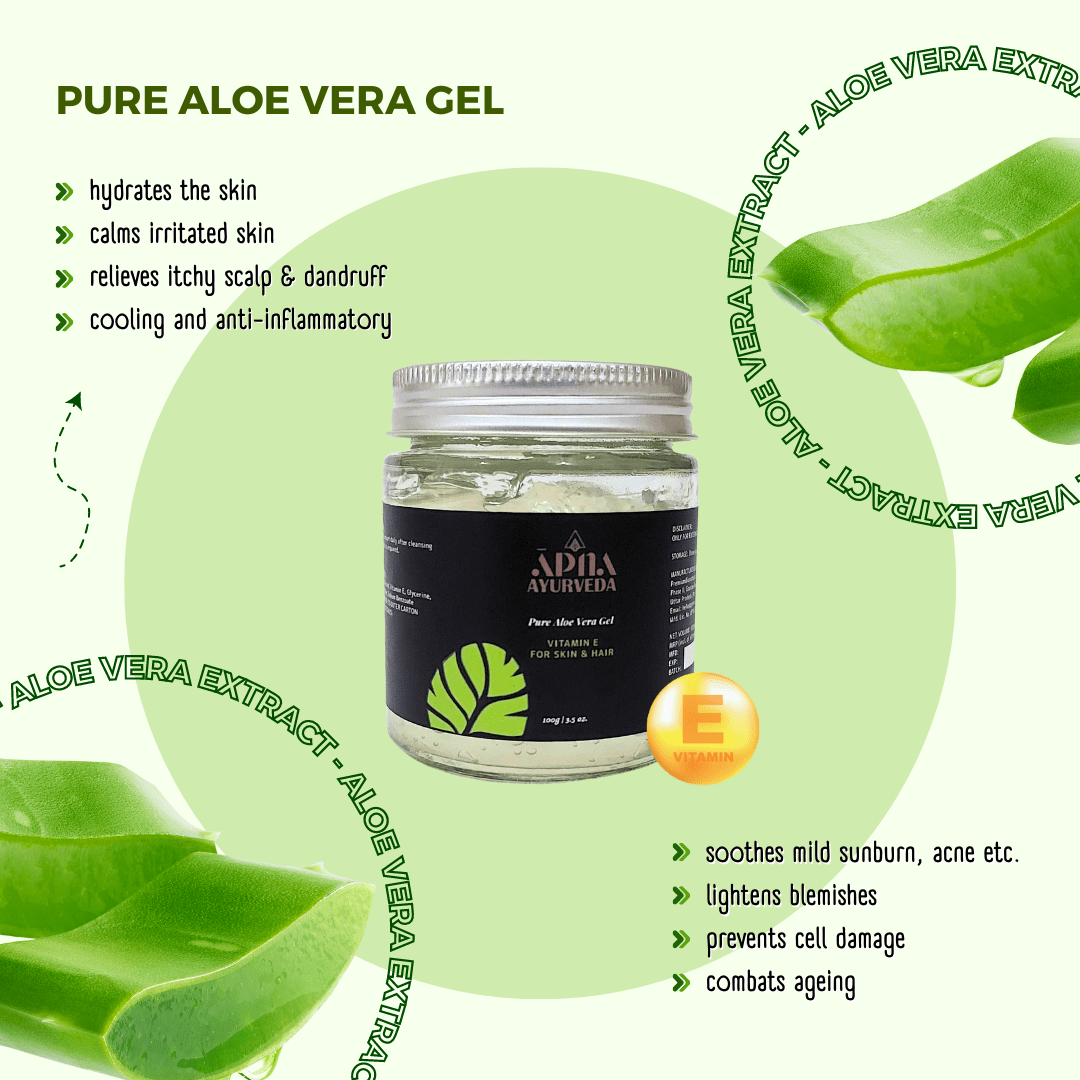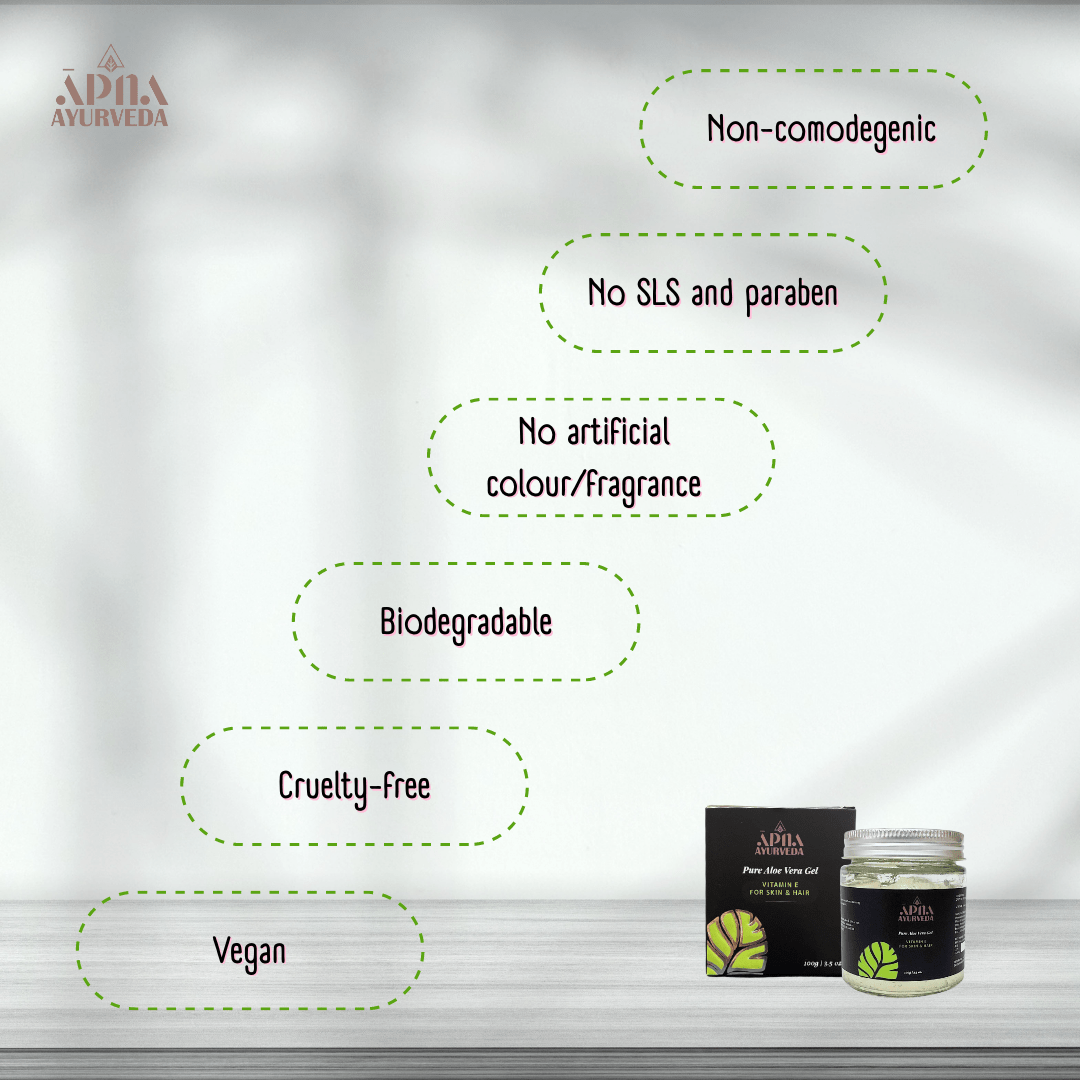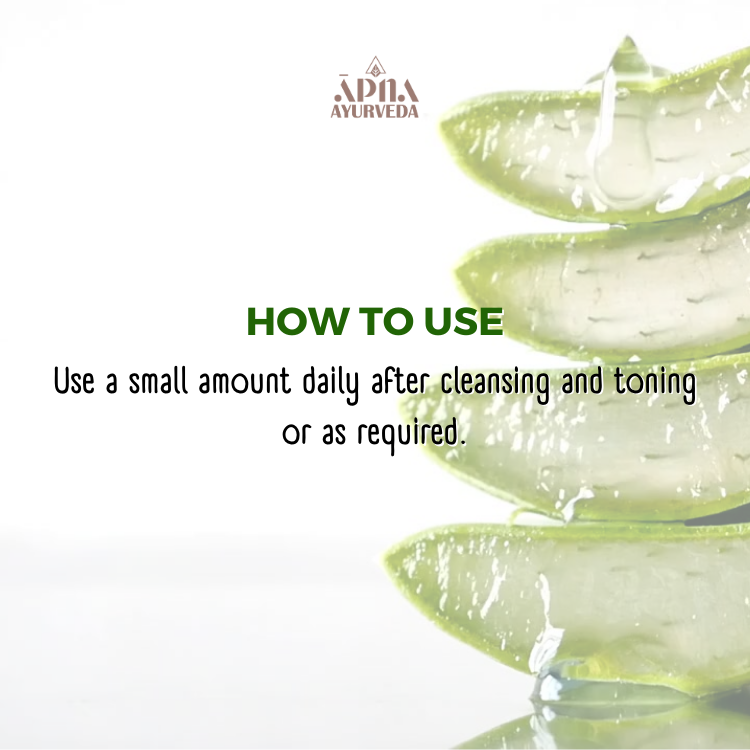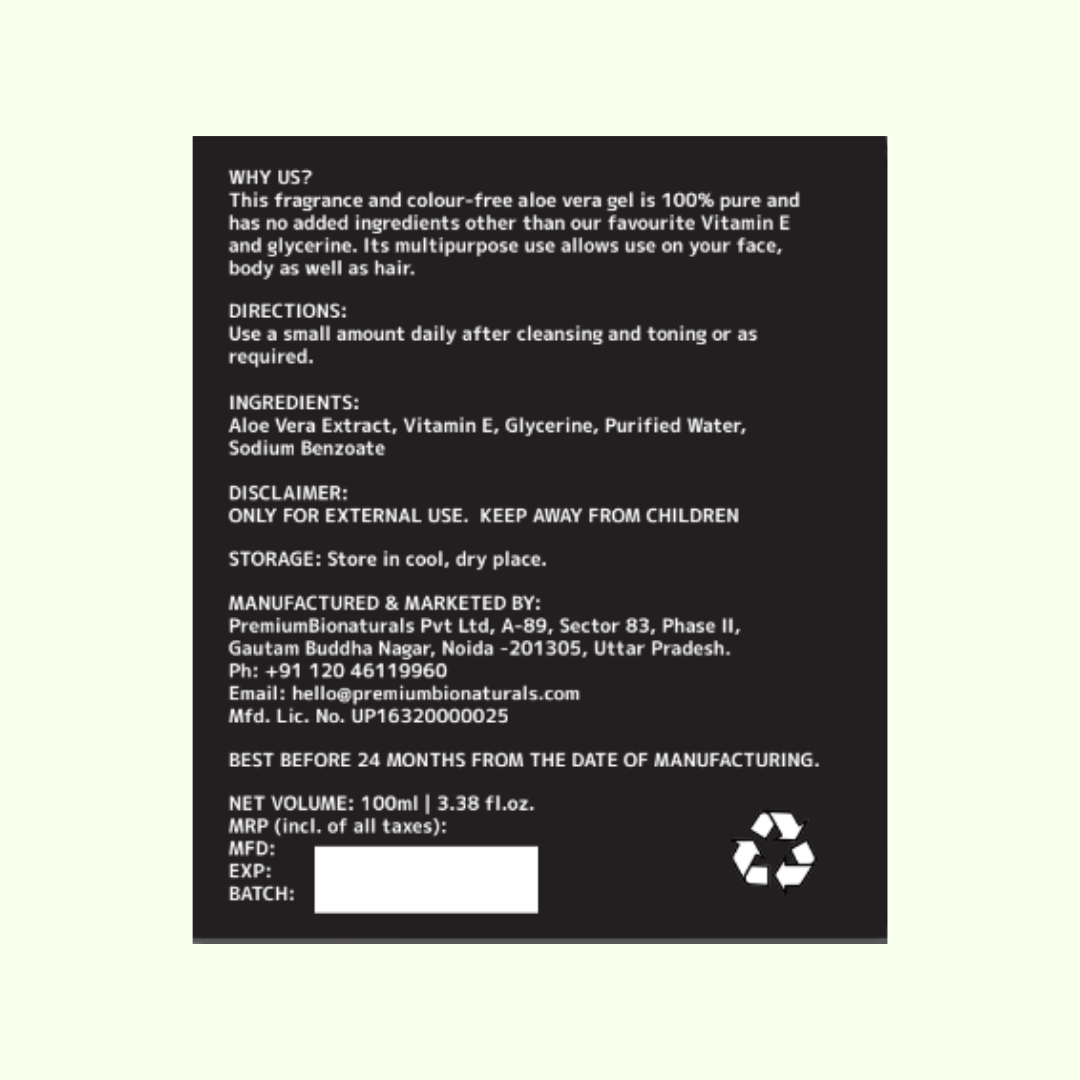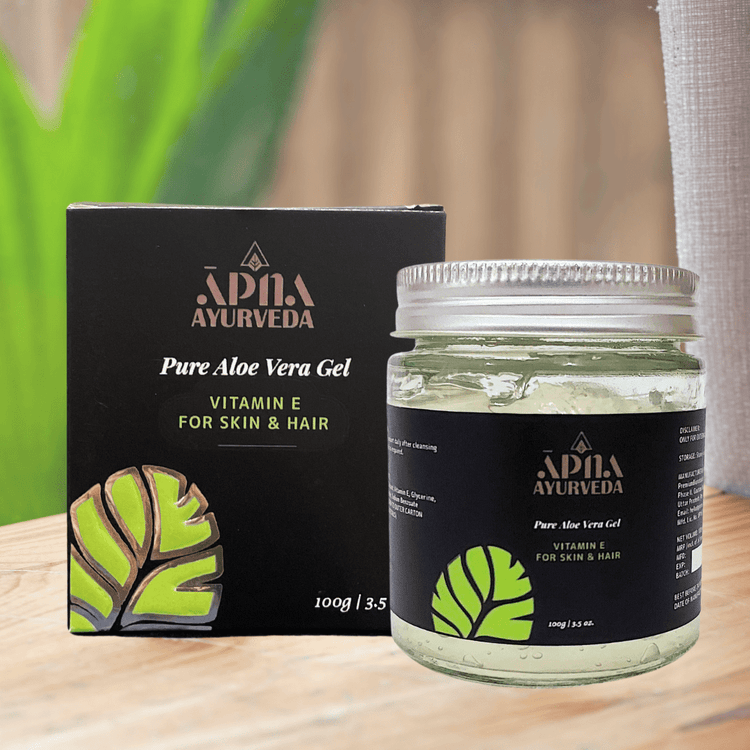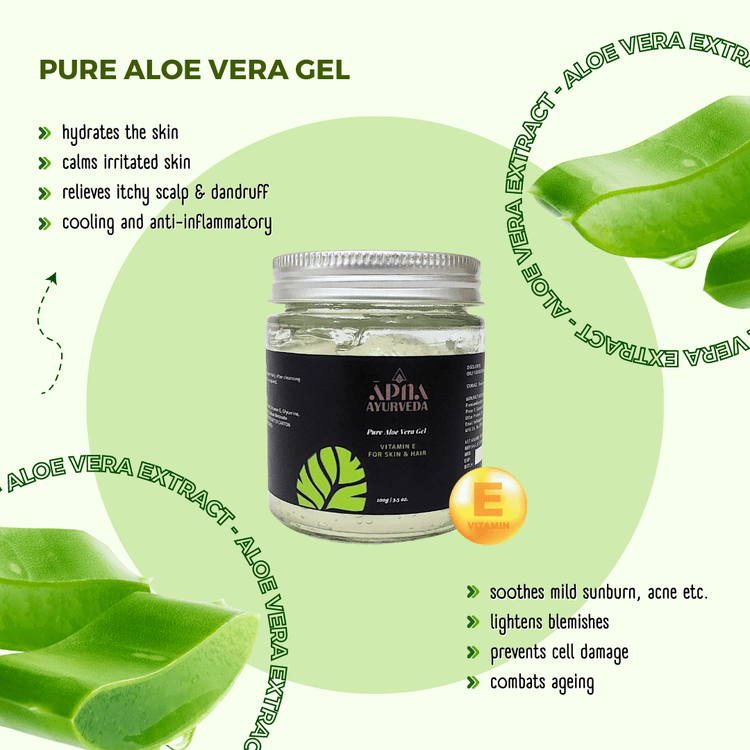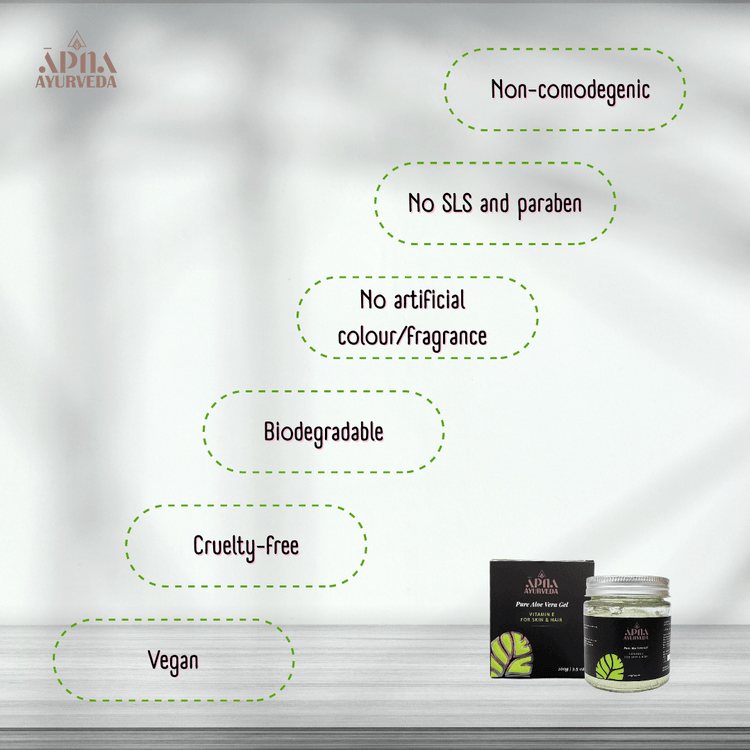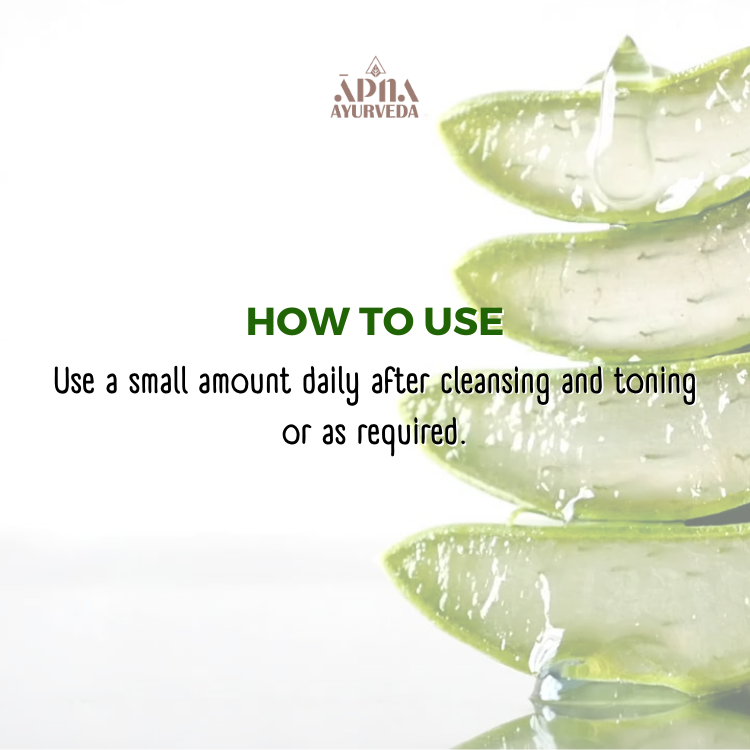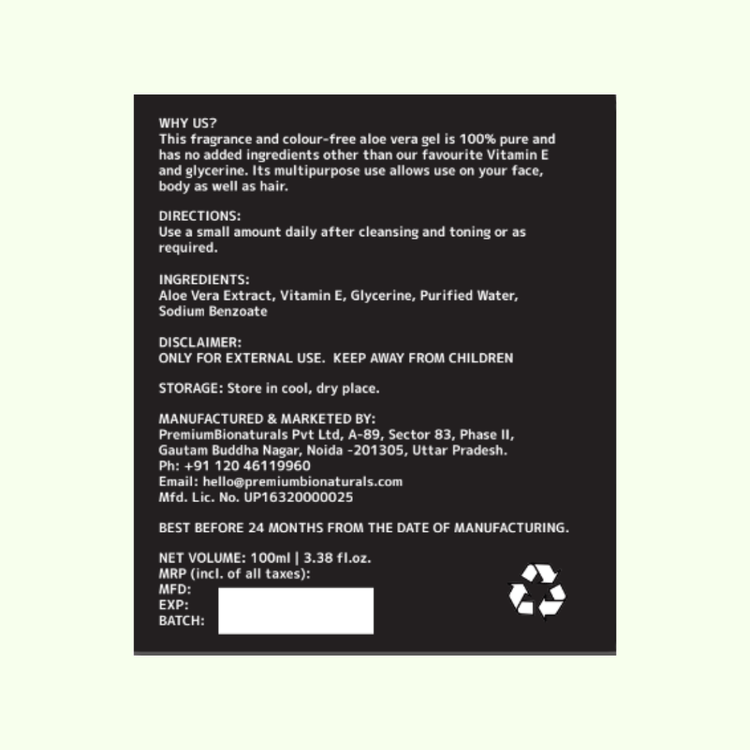While we are great at taking care of our internal organs we fail to take care of the largest organ in our body: Our Skin! Yes, skin is the largest organ in our body and if you didn’t know this, we are here to enlighten you with much more information and some amazing tips! The phrase "you are what you eat" couldn’t be more true when it comes to skin health. At Premium Bionaturals, we’re all about natural wellness, and we want to share how a healthy diet not only protects your skin but also keeps it glowing. What you eat truly shows on your skin!
What do antioxidants do for Skin Health?
Antioxidants are nature’s way of protecting our skin from damage. These powerful nutrients help us fight the effects of environmental stressors like UV rays and pollution. Our daily routine and commute makes us exposed to the harmful sun rays but no worries, we will tell you a few ways on how to undo the effects. Antioxidants play a crucial role in protecting the skin from damage caused by free radicals – unstable molecules that contribute to premature aging and skin diseases.
- Fight Free Radicals: Antioxidants neutralize harmful free radicals that can damage skin cells and accelerate aging.
- Promote Repair and Renewal: Foods rich in antioxidants, such as berries, nuts, and leafy greens, support the skin’s natural repair processes.
- Boost Collagen Production: Vitamin C, a potent antioxidant, plays a crucial role in collagen synthesis, keeping the skin firm and youthful.
- Slow-Ageing Process: Plant-based foods are rich in antioxidants like vitamins C and E, which help protect your skin from oxidative stress and damage caused by free radicals. These antioxidants can slow the aging process, reduce the appearance of fine lines and wrinkles, and promote a youthful complexion.
Foods Containing Antioxidants:
We recommend tweaking your diet a bit and adding these foods to your plate to see results in the longer run.
- Berries: Blueberries, strawberries, raspberries.
- Tomatoes: Rich in lycopene.
- Leafy Greens: Spinach, kale.
- Nuts: Almonds, walnuts, pecans.
- Citrus Fruits: Oranges, lemons, grapefruits.
The Importance of Hydration for Achieving Radiant Skin
Hydration is essential for maintaining the skin's elasticity and firmness. When your skin is well-hydrated, it appears plump and youthful, giving you a healthy glow. Water is essential for maintaining skin moisture, preventing dehydration, and supporting the elimination of toxins through sweat.
- Maintain Skin Elasticity: Adequate hydration keeps the skin plump and elastic, reducing the appearance of fine lines and wrinkles.
- Flush Out Toxins: We all have been hearing since childhood to drink 7-8 glasses of water a day. Well there's a reason! Once you make this a habit you will see it reflect on your skin. Water helps in removing toxins from the body which also helps in clearing skin concerns.
- Support Overall Function: The more your skin is hydrated the fresher you look. That’s just it.
Our study recommends the following water intake levels for individuals:
- Men: About 3.7 liters per day
- Women: About 2.7 liters per day
Remember to drink plenty of water daily and include hydrating foods to maintain healthy, glowing skin.
Key Nutrients for Maintaining Healthy and Vibrant Skin
Certain nutrients are particularly important for maintaining and enhancing skin health. The turnover of skin cells is influenced by essential nutrients, ensuring a continuous renewal process for a vibrant complexion.
Important Nutrients for Healthy Skin:
Vitamins
-
Vitamin A: Essential for skin repair and maintenance. Sources include sweet potatoes, carrots, spinach, and liver.
-
Vitamin C: A potent antioxidant, it aids in collagen synthesis, promoting skin elasticity and resilience. Citrus fruits, strawberries, bell peppers, and broccoli are rich sources.
- Vitamin E: Known for its antioxidant properties, it protects the skin from oxidative stress and supports overall skin health. Nuts, seeds, spinach, and avocados are excellent sources.
- Vitamin D: While vitamin D is essential for overall health, moderation in sun exposure and dietary sources like fatty fish contribute to maintaining optimal levels.
Minerals
- Zinc: This mineral is crucial for wound healing and maintaining skin integrity. Foods rich in zinc include meat, dairy, nuts, and legumes.
- Copper: Involved in the synthesis of collagen and elastin, copper contributes to skin elasticity. Seafood, nuts, seeds, and whole grains are good sources.
Fatty Acids
- Omega-3 Fatty Acids: Found in fatty fish, flaxseeds, and walnuts, omega-3 fatty acids contribute to skin hydration and help manage inflammatory skin conditions.
- Omega-6 Fatty Acids: These fatty acids, present in oils such as evening primrose and safflower oil, support skin barrier function and prevent moisture loss.
While these look like a lot of information, swapping out your junk with these fresher sources of food can give you that glowing look you so crave for! Trust us when we say it's not all about skin routine but also about your diet.
The Effects of Sugar and Processed Foods on Skin Health
While we’ve talked about what to eat, it’s also crucial to know what to avoid. High sugar and processed foods can wreak havoc on your skin.
- Inflammation and Acne: High sugar intake can cause spikes in blood sugar levels, leading to inflammation and acne breakouts.
- Collagen Breakdown: Processed foods can accelerate collagen breakdown, contributing to premature aging. Excessive sugar intake can lead to the formation of advanced glycation end products (AGEs), contributing to skin aging.
- Poor Skin Tone: Diets high in refined sugars and unhealthy fats can result in dull and uneven skin tone.
Other Foods to Avoid:
Certain foods beyond sugar can negatively impact skin health. These include:
- Dairy Products: Some people find that dairy products can contribute to acne breakouts and skin irritation.
- Fried and Fast Foods: High in unhealthy fats, these foods can increase oil production and lead to clogged pores.
- Alcohol: Excessive alcohol consumption can dehydrate the skin and lead to a dull complexion and premature aging.
- Salt: High salt intake can lead to water retention, making the skin look puffy and bloated.
Limit your intake of sugary and processed foods to prevent skin issues and promote a healthier complexion.
The Relationship Between Gut Health and Skin Health
We have noticed a growing awareness about the important link between gut health and skin conditions. The gut microbiome, a community of tiny microorganisms living in your digestive system, plays a big role in overall well-being, including skin health. When your gut is balanced and diverse, it helps support a strong immune system, reducing the risk of inflammatory skin conditions like eczema and psoriasis. Taking care of your gut can do wonders for your skin!
- Gut Microbiome: It helps regulate the immune system and can reduce inflammation that may lead to skin issues.
- Probiotics: Beneficial bacteria that support gut health can positively impact the skin.
- Prebiotics: Foods that nourish beneficial gut bacteria, such as garlic, onions, and bananas, support a healthy gut microbiome.
- Inflammatory Skin Conditions: A healthy gut microbiome can lead to a reduction in inflammatory skin conditions, such as acne, eczema, and rosacea.
Foods That Promote Good Gut Health:
- Yogurt: Contains live cultures of beneficial bacteria.
- Garlic: Contains inulin, a type of prebiotic fiber.
- Onions: Another good source of inulin.
- Bananas: Contain prebiotic fibers that promote gut health.
The gut-skin connection is an emerging area of research. By supporting a healthy gut microbiome through a balanced diet rich in probiotics and prebiotics, you can reduce inflammation and improve overall skin health.The role of nutrition is essential in maintaining this balance, leading to significant improvements in your skin’s appearance and resilience.
Frequently asked questions:
Q1) How is my diet affecting my skin?Your diet provides essential nutrients that influence skin health, hydration, and appearance.
Q2) How does eating healthy keep your skin healthy?
Eating healthy supplies your skin with vital vitamins and antioxidants, protecting it from damage and promoting repair.
Q3) Does a healthy diet help clear skin?
Yes, a healthy diet can reduce inflammation and prevent acne, leading to clearer skin. Low glycemic fruits and vegetables, lean proteins, and whole grains are generally good for skin health and may help with acne.
Q4) Can diet affect skin glow?
Absolutely, your skin requires a steady supply of nutrients in order to stay healthy, hydrated, and youthful-looking.
The connection between nutrition and skin health is undeniable. A well-balanced and nutrient-rich diet provides the building blocks necessary for skin structure, function, and resilience. Antioxidant-rich foods protect against environmental damage, while hydration maintains skin moisture. Remember, good nutrition reflects through your skin, protecting it from damage and keeping it youthful.
At Premium Bionaturals, we’re dedicated to providing you with the best in natural skincare. Check out our skin collection range Āpna Ayurveda for products that complement your healthy diet. For more tips on eating clean, read our previous blog on disinfecting your produce. Keep nourishing your skin from the inside out, and let your natural beauty shine through!


